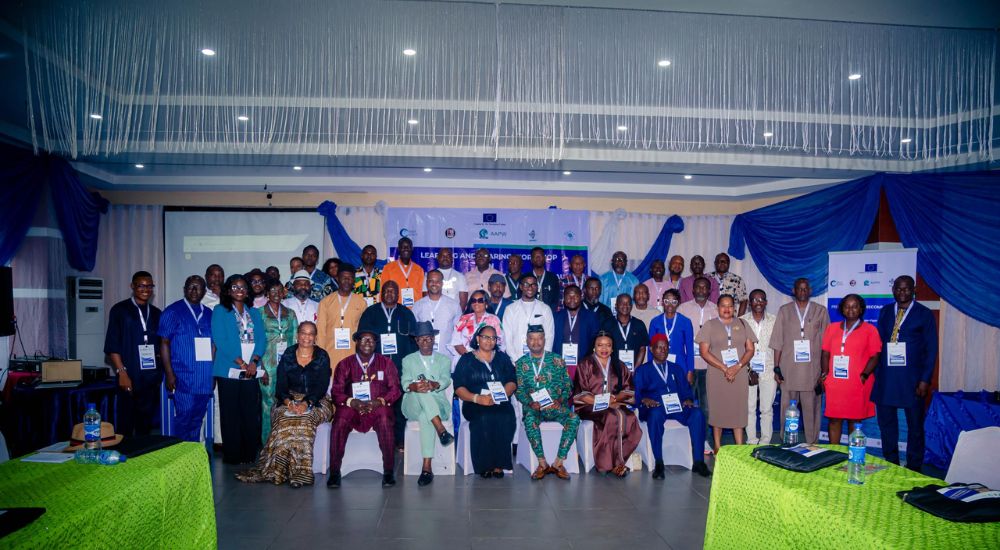Nigeria, other West African countries facing unprecedented flooding crisis – International Rescue Committee
The International Rescue Committee (IRC) has declared that the West African region is grappling with a catastrophic flooding crisis that has triggered a state of emergency across Mali, Niger, and Nigeria.
According to the IRC, the unprecedented floods, the worst in 30 years, have displaced hundreds of thousands and claimed hundreds of lives, exacerbating an already dire humanitarian situation.
The committee said the floods have severely impacted food security in the region, destroying farmland and leading to significant crop losses.
As heavy rains are expected to continue in the coming months, the IRC said it is intensifying its efforts to provide emergency support and aid to affected populations.
”The IRC, in collaboration with partners and government agencies, is working to ensure the safety of those affected and to provide essential emergency support.
”This includes cash assistance, temporary shelter, improved sanitation, and access to clean water, with a focus on the most vulnerable populations.
”Efforts are also being directed towards economic recovery and development to help communities rebuild in the aftermath of the floods,” the committee said.
It noted that the flooding crisis is compounded by climate change, particularly in the Central Sahel region of West Africa, where temperatures are rising 50% faster than the global average.
”This climatic shift is exacerbating inequalities, disproportionately affecting low-income communities, and deepening poverty by destroying livelihoods,” the committee stated.
Modou Diaw, IRC’s Regional Vice President for West Africa, highlighted the severity of the situation:
“The situation is devastating—people in the region are already grappling with rising hunger and alarmingly high malnutrition. Climatic shocks like these floods only worsen food insecurity, malnutrition, and overall instability.”
Diaw expressed gratitude for the support from partners like ECHO, BHA, and SIDA, whose quick funding has enabled the IRC to launch response efforts in the affected areas rapidly.
However, he emphasized the need for a shift in climate financing approaches, saying:
“We need a shift in how we approach climate financing. With extreme climate events becoming more frequent, the international community must invest in anticipatory action and scale up community-based disaster-risk reduction efforts, such as early-warning systems.
“Development partners should prioritize climate mitigation and build resilient infrastructure to prevent floods while continuing to strengthen health systems to manage the ongoing impacts.”
The IRC also called for increased investment in climate resilience and disaster preparedness to mitigate the effects of future extreme weather events and support affected communities in their recovery and rebuilding efforts.





